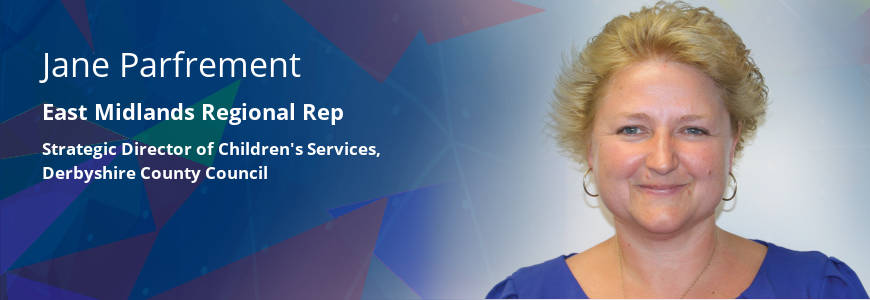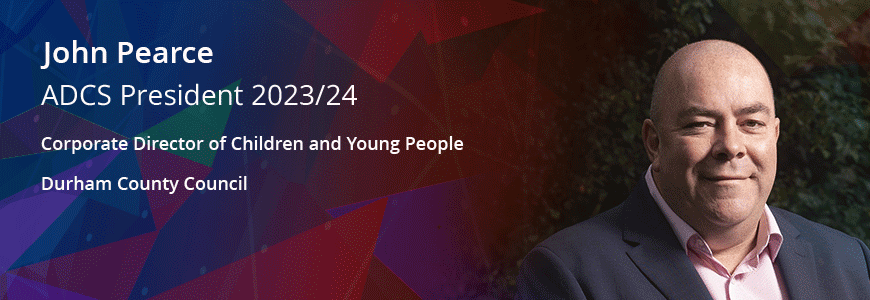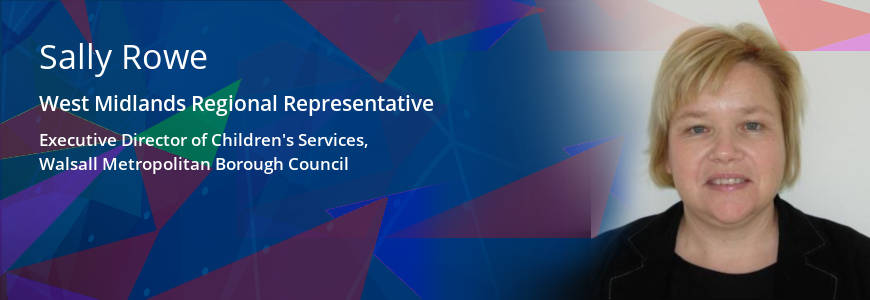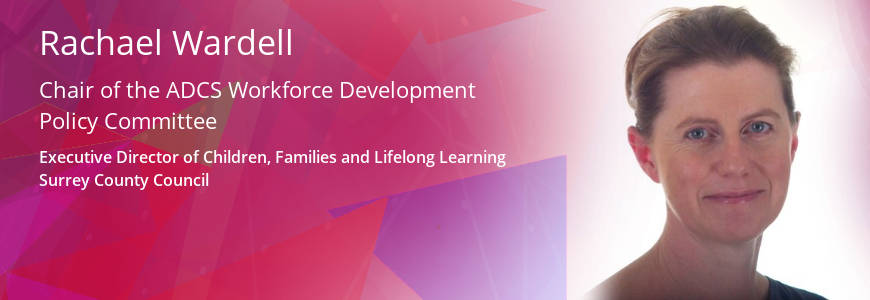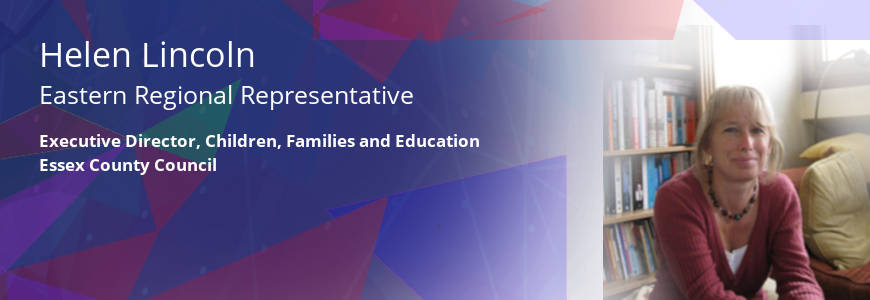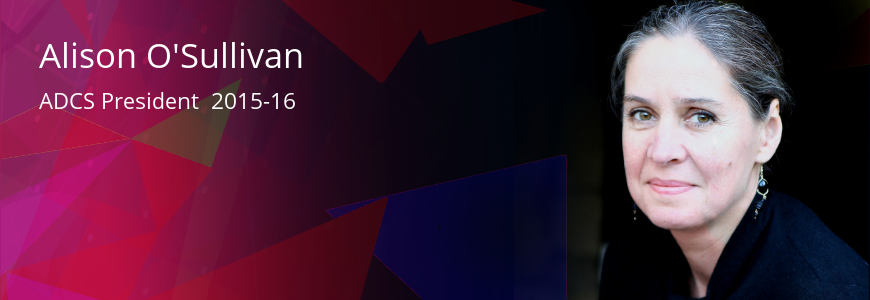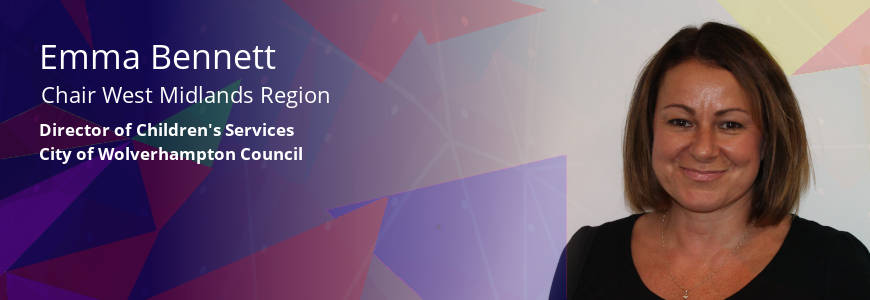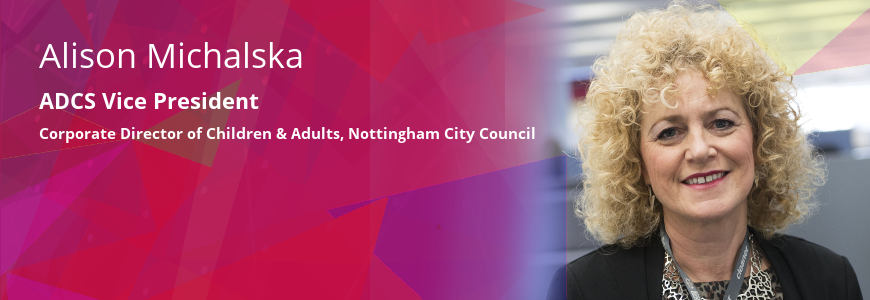Being a 'pushy parent'
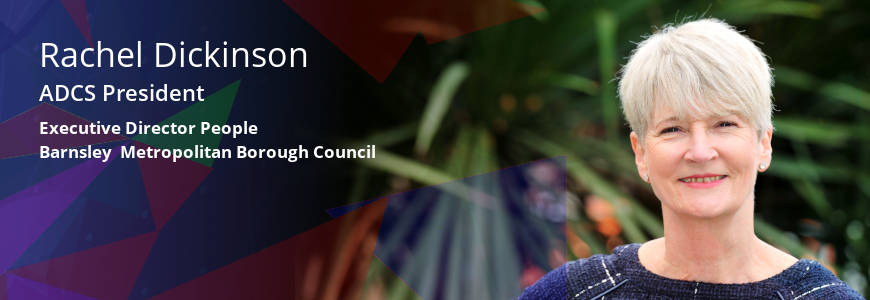
As I’m sure many of you will have noticed, the highly anticipated Scottish care review was finally published last week. The review looked at all aspects of care in Scotland and was guided by the experiences of people who had either experienced care or were members of the care workforce. The review found a system that is fractured, bureaucratic and unfeeling for far too many children and families and doesn’t adequately value the voices and experiences of those within it.
The review made over 80 recommendations for change with the aim of shifting the focus of the care system from protecting against harm to creating an environment where every child has the chance to experience safe, loving and respectful relationships. While the context in England is quite different, there are many things we can learn from the Scottish review, particularly from its engagement with care experienced people and professionals.
The Scottish review proposed a wide range of measures and reforms, from tackling poverty and inequality (which we know affects children and families across the UK) to prioritising early help over support at the point of crisis. ADCS has long called on government to implement a national child poverty reduction strategy (England is the only country in the UK without one) and to fund local authorities properly to enable a preventative approach to working with children, young people and their families; it’s a smart economic policy as well as the right thing to do.
Unsurprisingly, this got me reflecting on what the care review should look like for England. Whilst we know very little about it, the indications are it will be independently led and look widely across children’s social care with the aim of better supporting, protecting and improving the outcomes of vulnerable children and young people. This feels like a once in a generation opportunity, so we must be ambitious about what can be achieved. The scope must be wide ranging, addressing issues from placement sufficiency to investment in the wider children’s workforce, and much more.
In my own local authority, in Barnsley, we have high aspirations for our children in care and care leavers who tell us that being in care can and does make a positive difference to their lives. We try hard to be ‘pushy parents’ and our brilliant Children in Care Council (quite rightly) keep us on track to deliver on our pledge to them. We know if we are going to get it right we must hear and act on children and young people’s voices and we must involve them in decisions made about their lives so that we put in place the right kind of support.
There are currently 75,000 children in care across England and this number is expected to grow. These children and young people deserve our care and support and I am very aware of the challenges and unfair stigmas that many of them or care leavers face. One of the recommendations in the Scottish care review is for care experienced children to not be excluded from school or have their timetable reduced to such an extent that they are denied their rights to education. This is certainly an area I hope our government focuses on because in a context of reduced funding and an accountability system that prioritises academic attainment, the stakes are high for school leaders who wish to adopt inclusive approaches.
Care experienced children and young people face many challenges and working with them can be demanding but also very rewarding. We need to give all members of the workforce the training and development they require. We currently face a shortage of foster carers and Ofsted’s latest annual report raised concerns about staff qualifications and training in the children’s home sector. The best examples of care create a stable and loving environment for children to thrive and to develop strong relationships with those who care for or support them - a move to improve the status of the children’s home sector and everyone working in this field is long overdue.
I’m sure we would all agree that children’s best interests must be the focus of any review, not just in the care sector but across all areas of government and society with inclusivity at its heart. How else will we achieve a country that works for all children?
Related Blog Articles
In common with many other directors of children’s services (DCSs), I do a...
In General
October marks Black History Month, where countries across the world stop and...
In Workforce
The West Midlands ADCS has been quietly unifying over a small but significant...
In General
Last week it was World Social Work Day and I was privileged to open an event...
In Workforce
Encouraging, nurturing and stretching our future talent is important in any area...
In General
Local authority children’s services does something good for local family......
In General
If, like me, you have juggled home working with periods of home schooling, you...
In General
March is here. We’re on the cusp of spring. I can drive to work (and sometimes...
In Workforce
The National Children and Adult Services Conference 2019 opened on Wednesday 20...
In General
During the pandemic my team were fortunate enough to lead a DfE-funded project,...
In General
In the Eastern region we pride ourselves on a long and successful history of...
In Inspection & Improvement
First a comment about blog changes … having blogged almost single-handedly...
In Inspection & Improvement
One of the lasting impressions left by my leadership development training with...
In Leadership
Today is World Day for Cultural Diversity for Dialogue and Development; more...
In General
There’s a question we should all ask ourselves on a regular basis: why do we...

